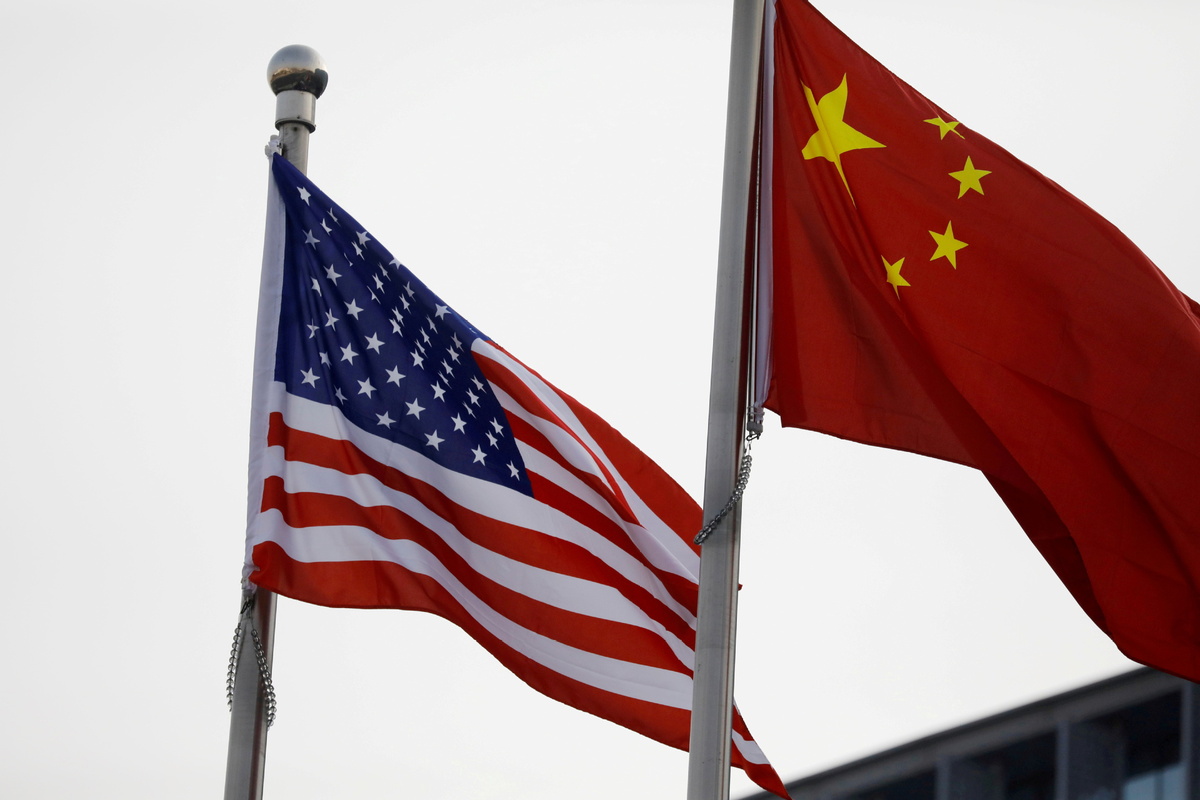Investment between US, China hit 11-year low
By MAY ZHOU in Houston | China Daily Global | Updated: 2021-05-21 11:02

The pandemic and deteriorating US-China relations have unsurprisingly led to a sharp decline in two-way investment, according to the most recent 2021 update on investment trends between the two countries.
The newest data provided by the Rhodium Group and National Committee on US-China Relations (NCUSCR) was the focus of a virtual discussion on Wednesday at which Thilo Hanemann, a partner at Rhodium Group in New York who leads the firm's work on global trade and investment, analyzed the data.
It showed that foreign direct investment (FDI) between the US and China fell to $15.9 billion in 2020, the lowest level for two-way flows since 2009. Chinese FDI in the US reached $7.2 billion in 2020, a slight increase from $6.3 billion in 2019. US FDI in China dropped to $8.7 billion in 2020, roughly a one-third reduction from 2019 and the lowest level since 2004.
Two-way venture capital investment also declined slightly in both total value and number of funding rounds. At the height of economic relations between the US and China, two-way investment reached close to $70 billion in 2016 and more than $60 billion in 2017.
Timothy Stratford, managing partner in Covington & Burling LLP's Beijing office and chairman emeritus of the American Chamber of Commerce in China, said at the discussion that American companies don't want to leave China because "they see market opportunities, they see the value in the bilateral relationship''.
Stratford said the pandemic-induced travel restrictions have led to more positions in China being filled by Chinese nationals instead of expatriates.
"China may not any longer be the lowest-cost producer, and so that prompted some companies over last several years to begin moving some of their manufactures out of China," Stratford said.
Of all factors, geopolitics are having the biggest impact on US-China business activities, Stratford said, and that has led to "diminished long-term prospects that people in various industry sectors see for successful investments in the other country".
The Biden administration is coming up with a new China policy with a multilateral approach.
"All of these new policies and consensus-building exercises are not going to be easy because there are a lot of complex issues and priorities that are pulling in opposing directions, and you have to find the right balance," Stratford said.
"I still think (American) companies should do business here; I think Chinese companies should be doing business in the United States. But they really need to do their homework," said Stratford. "What are the concerns the governments have? How can I fashion a business strategy that will address those concerns so that I will be on a solid footing beyond a very defensible footing?"
Anna Ashton, senior director of government affairs at the US-China Business Council (USCBC), who presented an overview of more than 150 China-related proposals currently being worked on by Congress, expressed a desire for clear policy.
She said the proposals involve issues such as specific efforts to limit Chinese investment, banning US government funding of any official delegations traveling to the 2022 Beijing Olympics, funding for supply chain diversification, restriction on foreign contributions to higher education and more.
"The scope of the Senate's effort to address the China challenge as they call it is really far broader. That context I think is important to understanding that there are political factors here in the United States that are creating a climate that is anything but inviting to Chinese FDI," said Ashton.
While Congress is driven by national security concerns and a desire to make the US more competitive, Ashton said she isn't sure "we are going to end up in a more secure or more competitive situation as compared to China" if the proposals pass.
"We need encourage our government officials to be more precise about exactly what their concerns are, what China challenge means so that policies they are promulgating are also more precise, more specific, and narrow in terms of limitations they create, tailored to the problems themselves and not this broad ideological mandate that probably does more harm than good," she said.
Jing Shiyan in Kansas contributed to this story.
























